Renal Diet - What Is It?
Following a renal diet is critical to individuals with kidney problems. When the kidneys are damaged or fail to work properly, it is usually progressive and permanent.
As the kidneys lose their ability to filter and remove waste products, the products collect in the blood. The first course of action is a renal diet that is fairly restricted, followed with dialysis.
Depending on the stage or treatment, diets become more critical in monitoring what our bodies need to continue functioning. Renal diets are essential to eliminating what can be harmful to our bodies. Since no two individuals are identical, the renal diets are prepared by a registered dietitian specialist for the individual, taking into account the stage of the kidney failure and the frequency of any dialysis treatments.
Individuals experiencing kidney problems need to understand their particular diet, the foods to be monitored and the side effects of incorrect foods. As the condition changes, testing laboratory data will alter the diet so that the individual retains more energy for better body functions. Once the condition progresses to dialysis treatments, the renal diet plays a critical role in supporting the body’s function, as the dialysis does not replace the kidney function entirely.
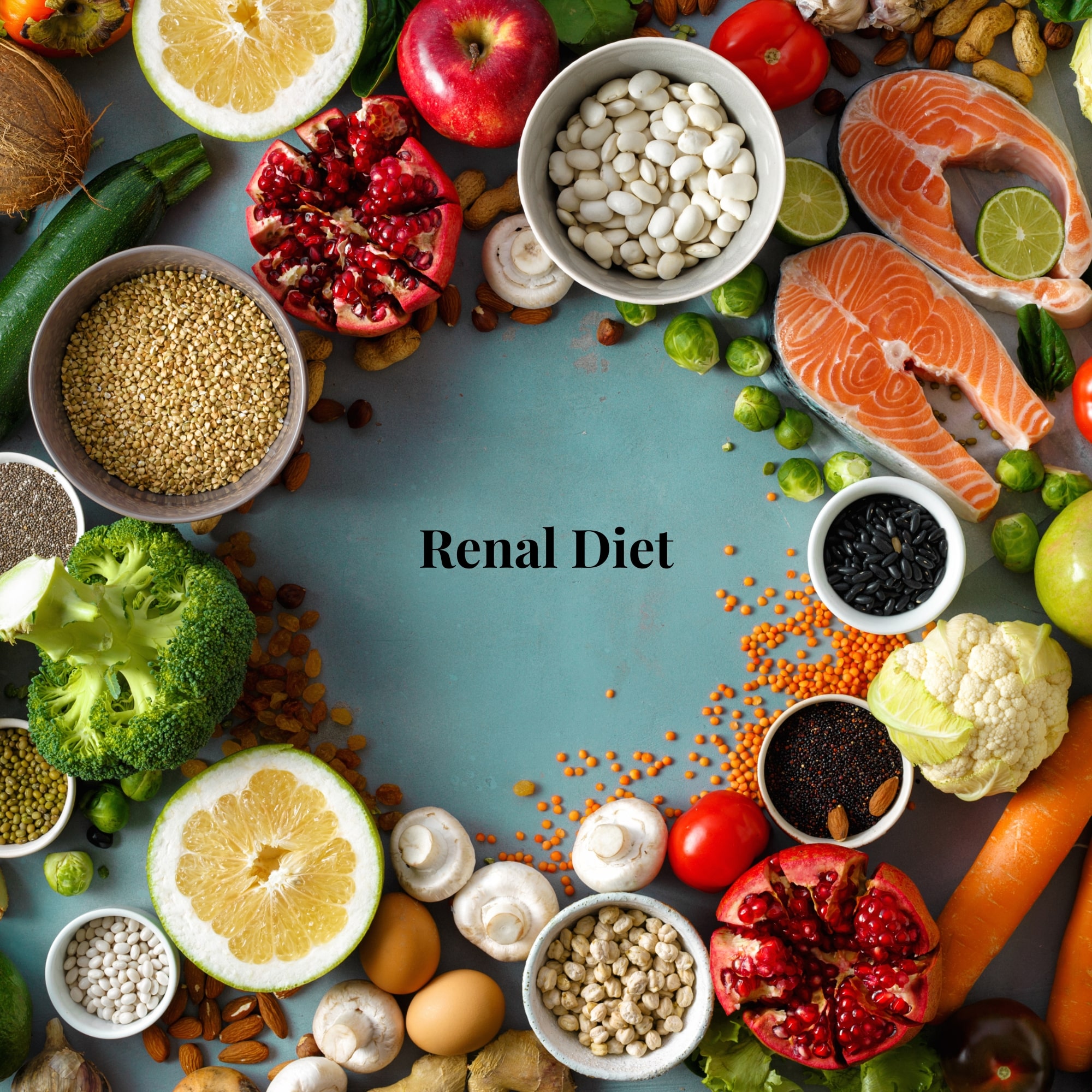
Jump to:
- Key Takeaways
- Renal Diet Basics
- Sodium's Role in Renal Diet
- Managing Potassium in Renal Diet
- Protein Limitation in Renal Diet
- Phosphorus Restriction
- Renal Diet Benefits
- Following a Renal Diet Meal Plan
- Conditions that Also Affect the Renal Diet
- Frequently Asked Questions
- Following A Renal Diet Requires Understanding of Many Factors
Key Takeaways
- A renal diet is important for supporting kidney health and function, and it involves limiting sodium, potassium, and protein intake.
- The kidneys play a crucial role in regulating the body's water levels and balancing phosphorus in the blood.
- Managing potassium levels is important in a renal diet, as excessive potassium can lead to health risks especially in terms of heart health.
- Protein intake should be regulated in a renal diet, as both too much and too little protein can have negative effects on the kidneys.
For More Recipes and Ideas --->> Get Your Free Meals and Recipes That Are Perfect for Pre-Dialysis Diets, Pre-Dialysis with Diabetes, or Dialysis Diets.
Renal Diet Basics
Understanding the renal diet is essential when dealing with renal insufficiency. When kidneys falter, their ability to filter waste and regulate nutrients is compromised, making dietary changes imperative. In this section, we delve into the core principles of the renal diet, explaining why it's crucial for managing kidney issues and how nutritional modifications play a central role in addressing the nutritional challenges associated with renal insufficiency.
Nutrition and Kidneys
Chronic Kidney Disease profoundly affects the body's ability to regulate essential nutrients, making dietary management a cornerstone in its treatment. Healthy kidneys maintain a delicate balance of sodium, potassium, phosphorus, and fluid levels in the body. However, as CKD progresses, the kidneys' filtration capacity diminishes, leading to imbalances in these crucial nutrients.
Elevated sodium can result in hypertension and fluid retention, further straining the kidneys. Excessive phosphorus levels can disrupt the equilibrium of calcium and phosphorus, affecting bone health and increasing cardiovascular risk.
Elevated potassium can lead to heart rhythm irregularities. Moreover, CKD patients may struggle to eliminate excess fluids, leading to swelling and high blood pressure.
Dietary modifications become essential to counteract these imbalances, helping to alleviate the strain on the kidneys and slow the progression of CKD. A well-managed renal diet, monitored by healthcare providers or dietitians, plays a pivotal role in preserving kidney health and overall well-being.
Dialysis Diet VS Non Dialysis Renal Diet
The dietary requirements for individuals with kidney disease can significantly differ depending on whether they are undergoing dialysis treatment or managing their condition without it.
Dialysis Diet: For those on dialysis, the kidneys' ability to filter waste products and excess fluids is severely compromised. Dialysis partially takes over this function, but it can also cause nutrient imbalances. Therefore, a dialysis diet aims to compensate for these issues. Patients must closely monitor their protein intake, as dialysis can lead to protein loss.
Additionally, they need to restrict their fluid and potassium intake, as dialysis cannot remove excess potassium and fluids as effectively as healthy kidneys. Phosphorus control is crucial as well, as dialysis alone might not suffice in removing excess phosphorus from the body.
Non-Dialysis Renal Diet: For individuals with early-stage kidney disease or those managing their condition without dialysis, the focus is on slowing disease progression and alleviating symptoms. The non-dialysis renal diet often includes sodium, protein, and phosphorus restrictions, but these are generally less stringent than in dialysis diets. Potassium and fluid restrictions may also be advised, but they are not as strict as in dialysis diets.
In both cases, a registered dietitian's guidance is vital to tailor dietary recommendations to an individual's specific needs and stage of kidney disease. While the fundamental principles of limiting certain nutrients apply to both, the degree of restriction and the dietary approach can vary significantly.
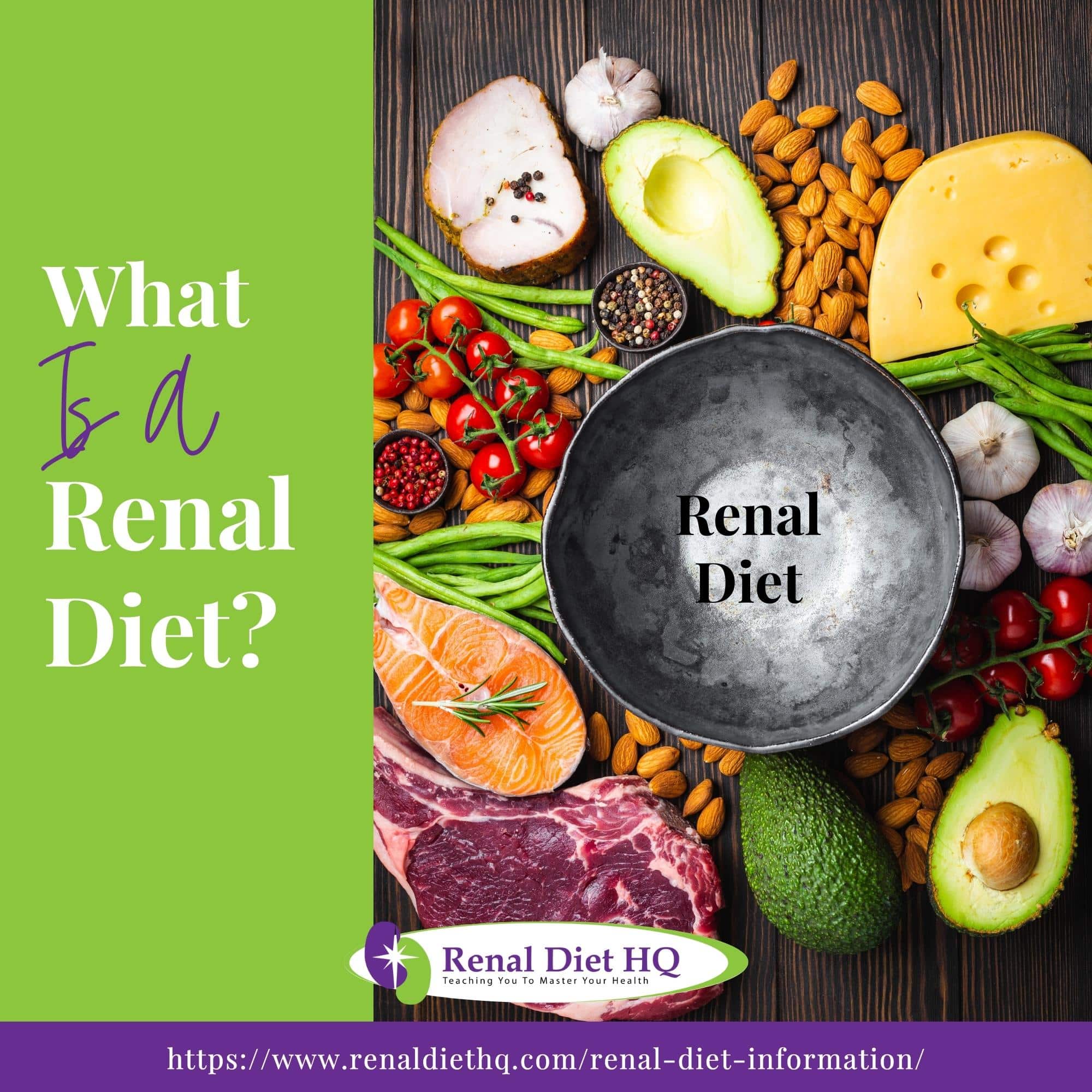
Sodium's Role in Renal Diet
In understanding the renal diet, you must consider the impact of sodium. Its reduction is vital as it helps manage your blood pressure and prevents fluid build-up in your body, a common issue for renal patients.
Tailoring your diet towards low-sodium foods isn't just a suggestion, but a necessity in maintaining your kidney health.
Sodium Reduction Importance
Sodium restriction is of paramount importance in a renal diet for individuals with kidney disease, particularly those in advanced stages. The kidneys play a central role in regulating sodium levels in the body, and as kidney function declines, they struggle to excrete excess sodium effectively. This can lead to sodium accumulation in the bloodstream, resulting in several critical issues.
- Blood Pressure Management: High sodium intake is strongly associated with elevated blood pressure, or hypertension. Hypertension is a common and significant risk factor for kidney disease progression. By reducing sodium intake, individuals can better control their blood pressure, slowing the deterioration of kidney function.
- Fluid Balance: Excess sodium causes the body to retain fluids, leading to edema (swelling) and fluid overload. This is especially problematic for individuals with kidney disease, as compromised kidneys cannot efficiently eliminate the excess fluid. Limiting sodium helps maintain proper fluid balance, reducing the risk of edema and its associated discomfort.
- Cardiovascular Health: High sodium intake is linked to cardiovascular issues like heart disease and stroke, which are already elevated risks in kidney disease patients. Sodium restriction can lower these risks and enhance overall cardiovascular health.
Sodium restriction in a renal diet often involves avoiding high-sodium processed and fast foods, canned goods, and using herbs and spices for flavoring instead of salt. It also necessitates careful reading of food labels to identify and choose low-sodium options. In the management of kidney disease, controlling sodium intake is a foundational dietary strategy to maintain stable blood pressure, manage fluid retention, and reduce cardiovascular risk.
Choosing Low-Sodium Foods
Choosing low-sodium foods and reducing salt intake is a critical aspect of a renal diet. Kidney disease patients need to be diligent in managing their sodium intake to maintain healthy blood pressure, manage fluid retention, and support overall kidney function.
- Read Food Labels: Always check product labels for sodium content. Look for items labeled "low sodium" or "sodium-free." Learn to interpret the Nutrition Facts panel to identify sodium levels.
- Choose Fresh Foods: Opt for fresh fruits and vegetables, as they are naturally low in sodium. Fresh meats, poultry, and fish also contain less sodium compared to processed alternatives.
- Limit Processed Foods: Processed and canned foods are often high in sodium. Avoid canned soups, pre-packaged meals, and fast food.
- Use Herbs and Spices: Enhance flavor with herbs, spices, and salt-free seasoning blends instead of salt.
- Rinse Canned Goods: If you must use canned vegetables or beans, rinse them under cold water to remove some of the sodium.
- Cook from Scratch: Preparing meals at home allows you to control sodium content. Use fresh ingredients and minimal salt.
By adopting these practices, individuals with kidney disease can make informed choices, lower their sodium intake, and contribute to better blood pressure control and overall kidney health.
Managing Potassium in Renal Diet
Managing potassium levels on a renal diet is crucial for your health. Avoiding potassium-rich foods can help maintain a balance that your kidneys can handle.
We'll discuss the specifics of which foods to limit and how this contributes to your overall wellbeing.
Potassium-Rich Foods to Avoid
Avoiding potassium-rich foods is crucial in a renal diet, as kidney disease patients need to manage potassium levels to prevent potentially life-threatening complications. High-potassium foods can disrupt heart rhythm and pose significant risks. Here are potassium-rich foods to avoid:
- Bananas: Known for their high potassium content, they should be limited or avoided.
- Oranges and Orange Juice: These are rich sources of potassium.
- Potatoes: Whether baked, mashed, or in other forms, they contain substantial potassium.
- Tomatoes: Fresh tomatoes and tomato products like sauces are high in potassium.
- Sweet Potatoes: These are potassium-rich alternatives to regular potatoes.
- Spinach: A leafy green high in potassium.
- Avocados: While healthy, they are notably high in potassium.
- Melons: Watermelon, cantaloupe, and honeydew are all potassium-rich fruits.
Limiting these foods is vital to prevent hyperkalemia, a condition associated with kidney disease that can lead to heart and muscle issues. A renal dietitian can provide personalized guidance on potassium intake.
Limiting Potassium for Health
Failing to limit potassium in a renal diet can lead to severe complications for individuals with kidney disease. Hyperkalemia, which is elevated potassium levels in the blood, is a primary concern. This condition can result in dangerous cardiac arrhythmias, muscle weakness, and, in extreme cases, cardiac arrest.
The kidneys play a critical role in regulating potassium levels in the body. However, in kidney disease, these organs are impaired and struggle to efficiently excrete excess potassium. Consuming high-potassium foods without control can overwhelm the kidneys, leading to a buildup of potassium in the bloodstream. The consequences are life-threatening and can negatively impact an individual's quality of life.
Effective management of potassium intake through dietary restrictions is essential for preventing hyperkalemia, maintaining heart health, and ensuring the overall well-being of those with kidney disease. Regular monitoring and guidance from a healthcare provider or renal dietitian are critical in preventing these complications.
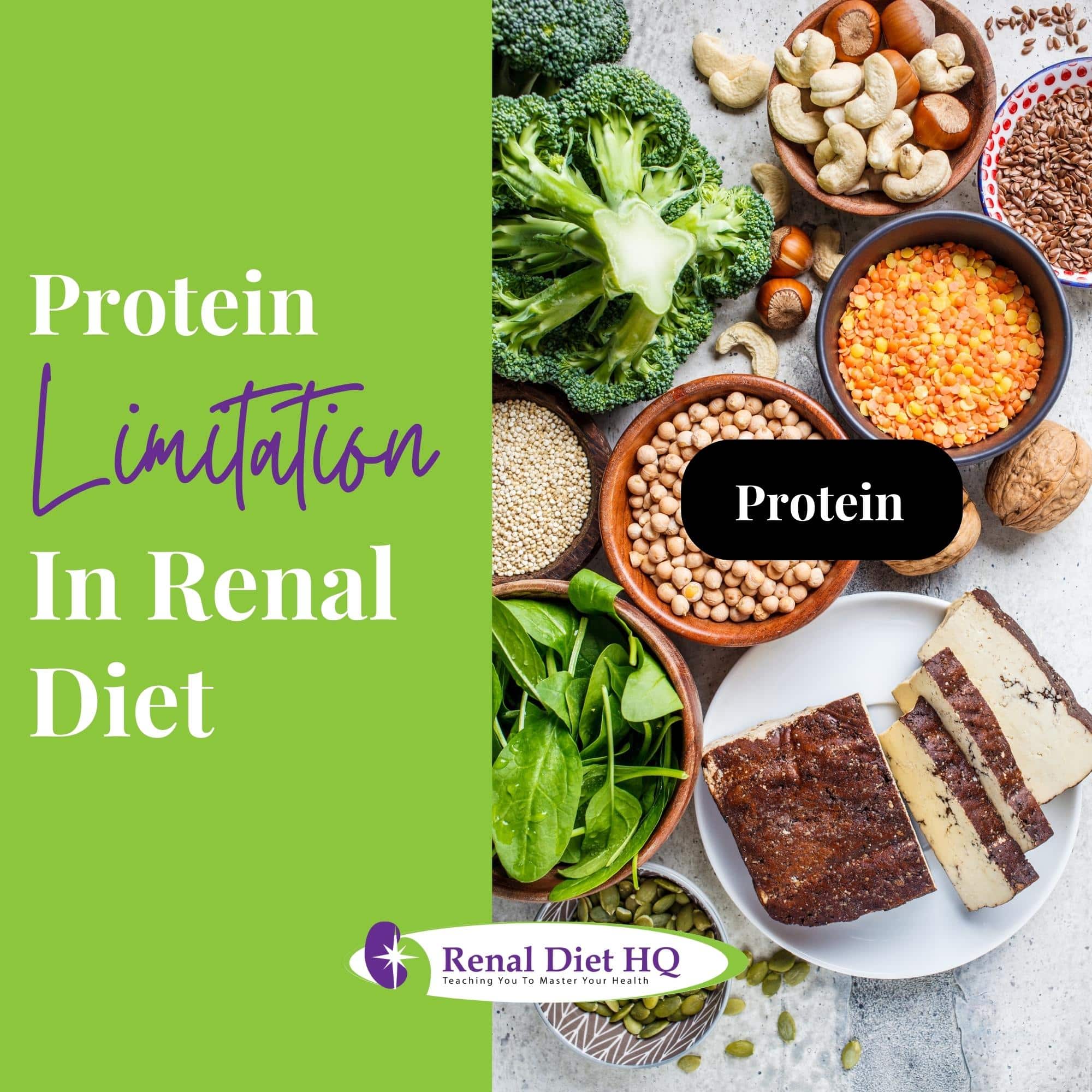
Protein Limitation in Renal Diet
As you navigate through the complexities of a renal diet, one factor to consider is your protein intake. The relationship between protein sources and kidney function is intricate and it's crucial to regulate your protein consumption.
A balance must be struck - too much can strain your kidneys, yet too little can lead to malnutrition and muscle wasting.
Protein Sources and Kidney
You'll need to watch your protein intake carefully when following a renal diet, as too much protein can put strain on your kidneys. High protein risks include further kidney damage and acceleration of kidney disease. However, protein is still essential. The key is moderation, which brings benefits such as reduced kidney workload and improved overall kidney health.
There are several protein alternatives you can incorporate into your diet:
- Non-animal proteins: These include soy products and legumes.
- Vegetarian kidney health-friendly foods: Certain veggies are rich in protein, like spinach and kale.
- Dairy alternatives: Almond or coconut milk are good sources of protein.
- Grains: Quinoa and buckwheat are high in protein.
- Nuts and Seeds: These are excellent for protein and healthy fats.
Regulating Protein Intake
Regulating protein intake is crucial for kidney health in individuals with chronic kidney disease and especially important for those on dialysis. Balancing protein intake helps prevent malnutrition and muscle wasting while avoiding the strain on the kidneys. Dialysis patients, in particular, need to manage their protein intake carefully to maintain overall health.
Proteins are essential for various bodily functions, including muscle maintenance, immune system support, and tissue repair. In CKD, impaired kidneys may struggle to filter waste products generated from protein metabolism. This can lead to a buildup of urea and other waste substances in the blood, contributing to complications like uremia and malnutrition.
To prevent these issues, it's essential to choose high-quality protein sources that are low in phosphorus and sodium. Some healthy options include skinless poultry, fish, lean cuts of meat, egg whites, and plant-based proteins like tofu and legumes. Careful protein portion control, coupled with regular monitoring by healthcare providers or renal dietitians, ensures that individuals with CKD, especially those on dialysis, can maintain adequate nutrition and kidney health without overburdening their kidneys.
Phosphorus Restriction
Excess phosphorus can spell trouble for individuals with chronic kidney disease. When kidneys are compromised, they struggle to excrete surplus phosphorus, leading to various complications. Here, we explore the risks associated with high phosphorus levels in CKD and provides valuable insights into how to reduce phosphorus intake through dietary choices.
Understanding these complications and adopting strategies to manage phosphorus intake is vital for preserving kidney health and overall well-being in those living with CKD.
Complications of Excess Phosphorus
Excess phosphorus in CKD patients can lead to a cascade of complications. Impaired kidney function results in an inability to efficiently filter and excrete phosphorus from the bloodstream, disturbing the delicate phosphorus-calcium balance.
This imbalance contributes to weakened bones, increasing the risk of fractures. Additionally, elevated phosphorus levels can lead to calcification of blood vessels and soft tissues, causing cardiovascular problems. High phosphorus can also trigger secondary hyperparathyroidism, where the parathyroid glands overproduce hormones, further affecting bone health.
Managing phosphorus intake is crucial to mitigate these complications, involving dietary choices and, in some cases, phosphate binders as prescribed by healthcare providers. By regulating phosphorus levels, CKD patients can minimize the risk of these severe complications and maintain a higher quality of life.
Ways To Reduce Phosphorus Intake
Reducing phosphorus intake is crucial for renal patients, especially those with chronic kidney disease. Dietary adjustments can help manage the elevated phosphorus levels often associated with impaired kidney function. Here are some strategies to lower phosphorus intake:
- Limit High-Phosphorus Foods: Avoid or limit high-phosphorus foods like dairy products, nuts, seeds, and colas, which are rich sources of this mineral.
- Read Food Labels: Pay attention to food labels and choose products specifically labeled as low-phosphorus or phosphate-free.
- Dietary Phosphate Binders: Some CKD patients may be prescribed phosphate binders, which can help reduce phosphorus absorption from food.
- Cooking Methods: Certain cooking methods, like boiling or soaking beans and legumes, can help reduce their phosphorus content.
- Consult a Dietitian: A registered dietitian can create a customized meal plan, considering your specific dietary needs and restrictions, to effectively reduce phosphorus intake.
By implementing these strategies, renal patients can better manage their phosphorus levels, thus preventing complications related to elevated phosphorus, such as bone and cardiovascular issues.
Renal Diet Benefits
Sticking to a renal diet is crucial for your health, particularly if you're managing kidney disease or related conditions. Complying with the dietary guidelines can have significant implications, positively affecting your overall physical well-being.
However, it's not without challenges, as it requires dedication, understanding, and a significant change in eating habits.
Renal Diet's Health Implications
Following your doctor's advice on a renal diet can significantly impact your kidney's health and overall wellbeing. This diet aids in maintaining kidney function, preventing diet complications, controlling phosphorus levels, regulating fluid intake, and necessitating lifestyle adjustments.
Adhering to a renal diet benefits your health by:
- Preserving kidney function: The diet limits certain nutrients that could place extra strain on your kidneys.
- Preventing complications: It helps avoid build-up of waste products in your body. -
- Controlling phosphorus: It helps to maintain healthy phosphorus levels, which can prevent bone disease.
- Managing fluid intake: It aids in preventing fluid overload, which can lead to high blood pressure and swelling.
- Lifestyle adjustments: It promotes a healthier lifestyle, reducing the risk of other chronic diseases.
Challenges in Diet Adherence
Adherence to a renal diet, crucial for managing kidney disease, presents several challenges.
First, dietary restrictions can be socially isolating. Patients often face difficulty participating in gatherings and enjoying meals with friends and family, as their diet limits certain foods and beverages.
Additionally, the renal diet demands meticulous food planning and preparation, which can be time-consuming and demanding. The need to closely monitor sodium, potassium, phosphorus, and protein intake can make meal planning complex and confusing.
Furthermore, cravings for restricted foods can lead to non-compliance, potentially causing health complications. Financial constraints may also arise, as renal-friendly foods can be more expensive. Lastly, misinformation and conflicting dietary advice can further complicate adherence.
Educating patients about the renal diet and providing ongoing support are essential to overcoming these challenges and helping individuals effectively manage their kidney disease through proper nutrition.
Following a Renal Diet Meal Plan
Transitioning to a renal diet meal plan can seem daunting, but with careful planning and a keen understanding of your dietary restrictions, you'll find it manageable.
It's crucial to not only identify the foods you need to limit or avoid but also to develop strategies for meal planning that ensure your nutritional needs are met.
Compliance is key, and a well-structured meal plan is the first step to successful adherence.
Meal Planning Strategies
Meal planning in a renal diet is crucial for managing kidney disease and ensuring proper nutrition. Here are some effective strategies:
- Consult a Dietitian: Seek guidance from a registered dietitian with expertise in renal nutrition. They can help create a personalized meal plan tailored to your specific needs.
- Monitor Nutrient Intake: Keep a close eye on sodium, potassium, phosphorus, and protein levels, as these are key considerations in a renal diet.
- Choose High-Quality Protein: Opt for high biological value proteins like lean meats, poultry, fish, and egg whites, which generate fewer waste products.
- Control Portion Sizes: Avoid overeating, as excess consumption of any nutrient can strain the kidneys.
- Plan Balanced Meals: Include a variety of fruits and vegetables within recommended limits, and select whole grains for fiber.
- Read Food Labels: Be vigilant about hidden sources of sodium, potassium, and phosphorus in packaged foods.
- Cook at Home: Preparing meals from scratch gives you better control over ingredients and portion sizes.
- Stay Hydrated: Monitor fluid intake as per your doctor's recommendations.
- Modify Recipes: Adapt favorite recipes to meet renal diet guidelines by using substitutes and adjusting seasonings.
- Keep a Food Diary: Document your daily intake to ensure you're meeting your dietary goals and share it with your healthcare team for assessment and adjustment.
By following these strategies, you can effectively plan and maintain a renal-friendly diet, which is essential for managing kidney disease and supporting overall health.
Dietary Restrictions Compliance
Sticking to your renal diet meal plan might seem like a challenge, but it's crucial for maintaining your kidney health. Dietary discipline is key to managing your condition effectively. The compliance challenges you face can be overwhelming, but understanding the importance of your diet and making necessary lifestyle adjustments will help.
Encouraging adherence to this diet isn't just about self-control, it's about setting realistic goals and finding the motivation to reach them. Motivation strategies could include tracking your progress, seeking support from loved ones or a dietitian, and focusing on the benefits of a renal diet.
Conditions that Also Affect the Renal Diet
Other health conditions may also contribute to the development of the diet, for example high cholesterol will limit the amount and types of fat.
Diabetes may cause the limitation of carbohydrates. Sodium needs to be monitored as it’s usually related to high blood pressure. The reduction of fluid in the renal diet may also cause problems with constipation and require more fiber in the diet.
Those with chronic kidney disease or receiving hemodialysis, which filters the blood, may require more calories in the diet to make up for damage or healing that needs to be done. Peritoneal dialysis may cause weight gain and diets are adjusted for the health of the individual.
Too much protein can cause problems with toxic build up resulting in nausea, headaches or light headedness. Hemodialysis or peritoneal dialysis, which uses the individual’s own abdomen tissues as a filter may be exceptions for increasing diet protein. Physicians and dietitians monitor processes ensuring best results and well-being for the individual.
Frequently Asked Questions
Common symptoms of kidney disease that may indicate a need for a renal diet include fluid retention, high blood pressure, fatigue, frequent urination, blood in the urine, proteinuria (excess protein in urine), electrolyte imbalances, and decreased appetite.
These symptoms often result from impaired kidney function, highlighting the importance of dietary modifications to manage the condition. A renal diet can help alleviate these symptoms by regulating fluid, electrolytes, and nutrient intake, easing the burden on the kidneys, and promoting overall kidney health.
Age and sex can influence the effectiveness of a renal diet in managing kidney health. Older individuals often have reduced kidney function, so adherence to the diet becomes more crucial. Additionally, specific age-related conditions like hypertension and diabetes can affect dietary requirements.
Sex can also play a role, with variations in muscle mass and metabolic rates influencing nutrient needs. Customizing the renal diet based on age and sex is important for optimizing its effectiveness and supporting overall kidney health. Consulting a healthcare provider or dietitian is advisable for personalized guidance.
Yes, it is possible to follow a vegan or vegetarian renal diet, but it can be more challenging. These diets typically involve higher consumption of plant-based foods, which are often rich in potassium and phosphorus, nutrients that need to be limited in a renal diet.
Planning is crucial, focusing on low-potassium and low-phosphorus plant-based options, and carefully managing protein intake. Consulting a registered dietitian with expertise in renal nutrition is essential to create a balanced vegan or vegetarian renal diet that meets individual nutritional needs while supporting kidney health.
Following A Renal Diet Requires Understanding of Many Factors
Overall, following a renal diet, whether you are in the early stages or on dialysis requires coordination of many factors. You need to understand how the foods you eat interact with your medications and your health. You should understand the general guidelines that help you to plan a meal for your day and your week. Starting with a plan is the best way to be successful, and it will also help you to know what to do to follow your renal diet without having to think about it.





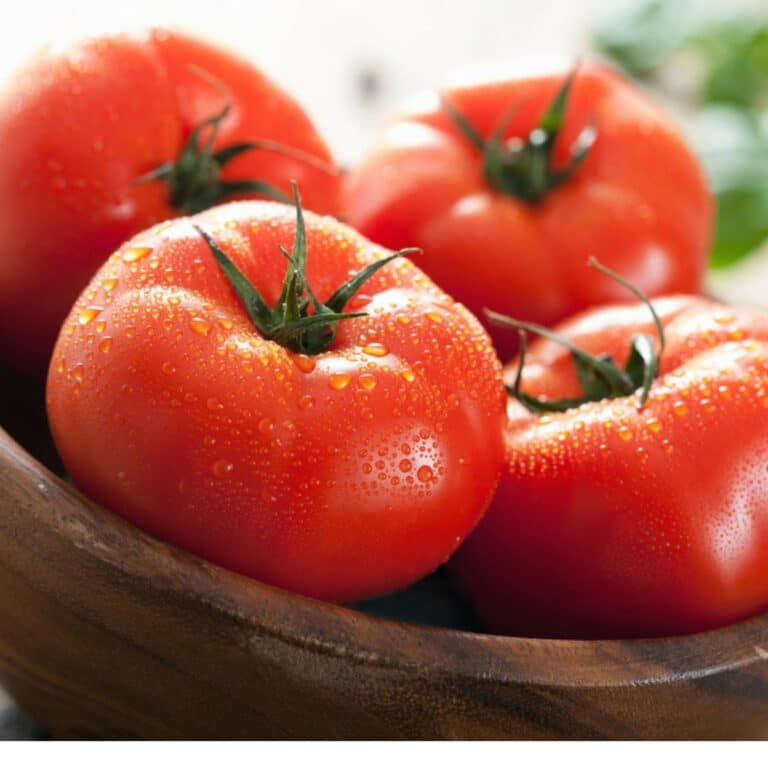
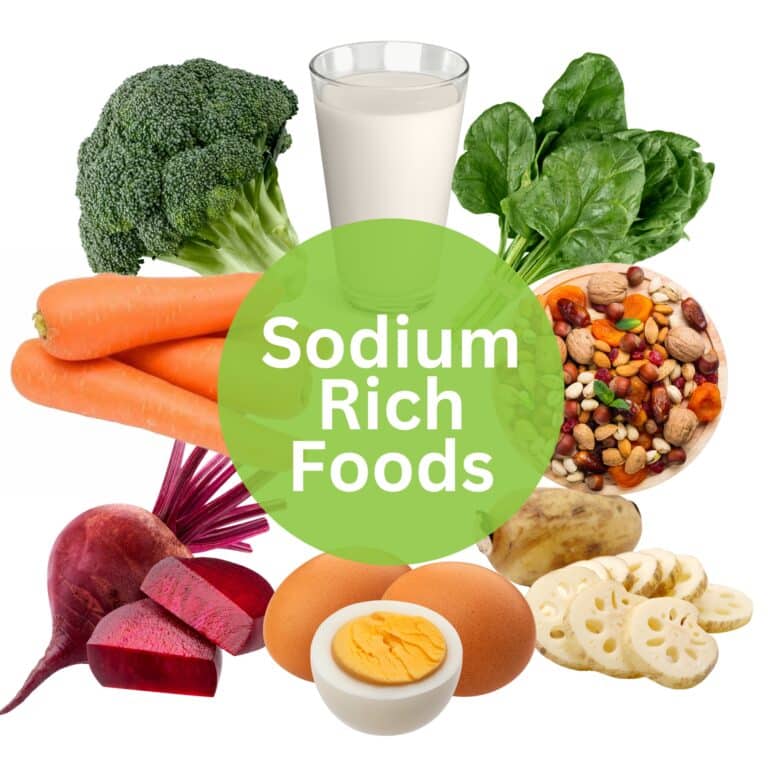

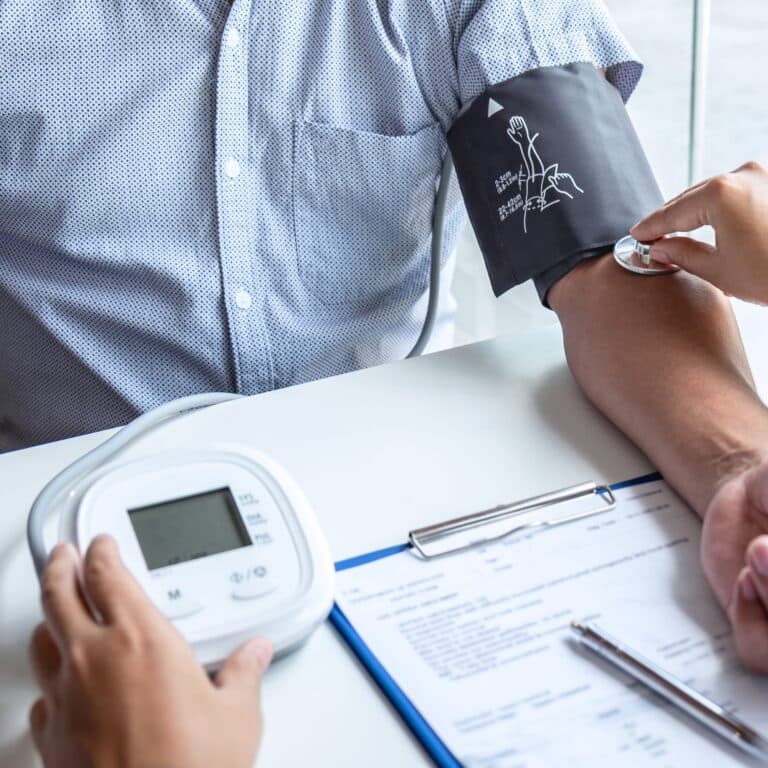
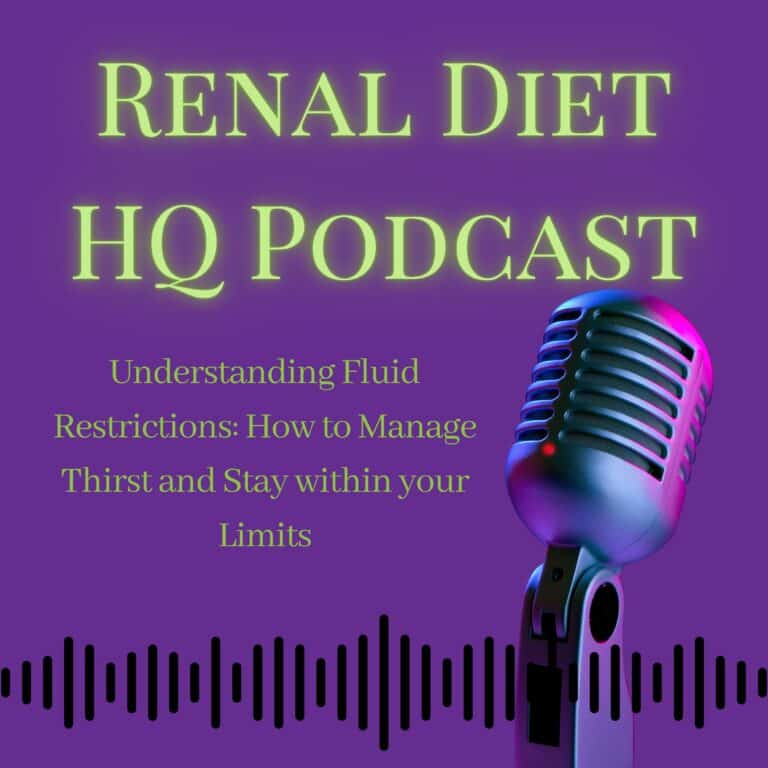




Excellent information thank you. I will talk to my doctor. Hola pause this information.
It was a pity my specialist did not inform me what i should eat or drink.I suffered for 12 month in my job thinking I had bad flue when I was given antibiotics many times till a dialysis patient explained what I should be eating and drinking.
Love this site looking forward to more helpful information!!! Thank You